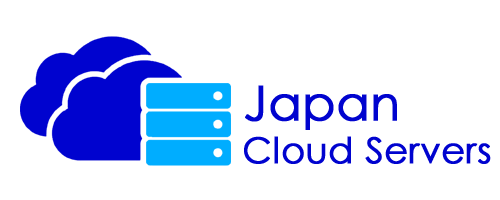
Introduction
If you want to start a new business, you must choose the right hosting plan for your Hong Kong Dedicated Server. This can be challenging because many aspects need consideration when selecting a hosting plan. In this article, we will discuss five things that you should remember while buying a dedicated server:
Determine the server’s purpose.
You need to know what you are going to use your server for. If you plan to host a website, A Hong Kong Dedicated Server with a high-speed internet connection is the best option. If not, you can go for a shared hosting plan offering better performance but fewer security and privacy features.
Determine the location of the server.
You should also determine the location of your server. This will help you to choose a hosting plan that best suits your needs. For instance, if you want to be close enough to ensure that everything runs smoothly and quickly, it would be best to get yourself one with an ultra-fast connection speed. On the other hand, if the distance is not an issue–and neither is latency–then there’s no point in getting one with high transfer speeds because this might slow down performance on websites hosted within their network!
The last thing I want to mention here is how far away your Hong Kong Dedicated Server needs to be from offices or clients before they start noticing any difference in performance between sites hosted on different servers located around other locations (and countries). It all depends on how much load each website has been experiencing lately; if things have been fine so far but suddenly started going downhill recently due mainly due poor performance caused by lackluster hardware specs being used by developers who’ve been working inefficiently since day one (which means lots more money spent trying to fix things). Chances are high that someone will notice something wrong sooner than later – even though nothing appears visually incorrect.
Choose a plan that fits your budget.
The first thing to consider when buying a hosting plan is how much you can afford. While it’s essential to ensure that your new server meets all your business requirements, it’s also critical that you only end up with an overpriced plan that will cost you what you need or expect.
For example, choosing a VPS or cloud server may suit you if you’re starting a small business with just two or three employees and no significant data storage needs. These servers offer fast speeds and scalability without sacrificing any control over their operation. However, suppose your company has grown significantly (or has particular security requirements). In that case, Windows Dedicated Server may be better suited for meeting those needs, although they can be more expensive upfront due to their higher initial purchase price tag!
Hardware configuration.
The first thing you should consider when choosing a Hong Kong Dedicated Hosting provider is their hardware configuration. The server should have enough CPU and RAM to handle your website and the disk space and network connectivity you need.
CPU: A modern web host will use a lot of processing power, so your hosting plan must have enough CPU for everything you’ll be running on the server (the more CPUs available per core, the better). You want to make sure that each of those processors can handle all of its tasks without having them overlap with other processes or making them slow down; otherwise, you could save money by purchasing extra hardware just to run one application at a time!
RAM: RAM refers not just to memory but also to cache memory within each processor chip–this means faster response times from programs running in those chips because there isn’t much latency between when data gets stored in RAM versus when it needs access elsewhere disk storage (which takes longer). When analyzing any particular web hosting account type (dedicated vs. shared), look closely at what kind/type(s) each offer and how many resources each provider guarantees to be available.
RAM and disk space.
RAM is the memory that the server uses to process data. The more RAM, the better it will handle traffic and high-volume sites. In most cases, 1GB of RAM should be sufficient for your web hosting needs, but you should buy more if you want your site to run smoothly and efficiently at peak times (like when there’s lots of traffic).
